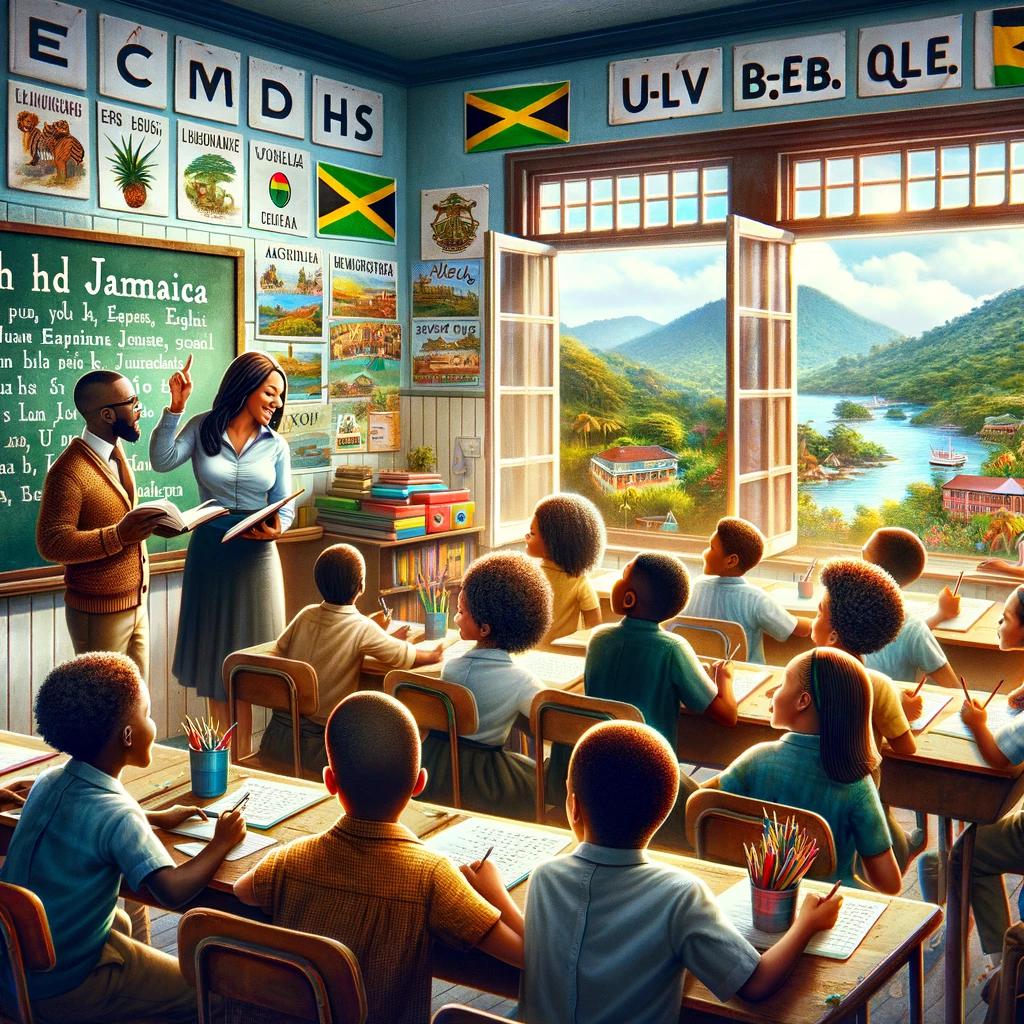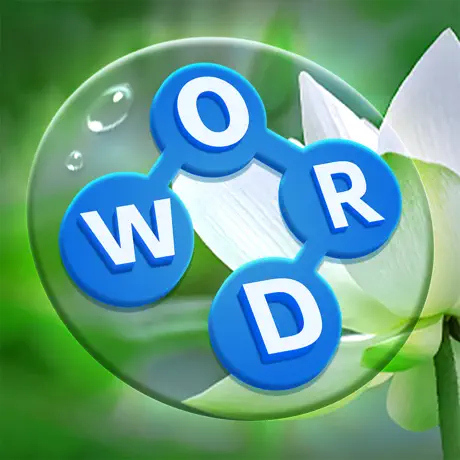What language do Jamaicans speak? Jamaicans primarily speak Jamaican Patois (or Patwa), a Creole language that has its roots in English and West African languages, along with influences from Spanish, Portuguese, Hindi, and Arawakan languages. English is the official language and is widely used in formal contexts such as education, media, and government. This linguistic duality reflects the country’s colonial history and its rich, multicultural heritage.
The Linguistic Tapestry of Jamaica
Jamaica, a vibrant island nation in the Caribbean, is as rich in its linguistic heritage as it is in its cultural diversity. The primary language spoken by Jamaicans is Jamaican Patois, a Creole language that embodies the country’s complex history and cultural melting pot. Alongside Patois, English serves as the official language, used in formal settings and as a medium of instruction in schools.
Jamaican Patois: A Creole Language
Jamaican Patois has its origins in the English spoken by British colonizers and the languages of the enslaved Africans brought to the island. Over centuries, these linguistic influences melded together, incorporating elements from other languages encountered through trade and immigration, to form the distinctive Creole language known today as Patois. This language is a testament to the resilience and creativity of the Jamaican people, evolving from a history of colonization and slavery into a proud symbol of national identity.
Patois is primarily a spoken language, characterized by its unique pronunciation, vocabulary, and grammar. While it shares a significant amount of vocabulary with English, Patois has a distinct phonetic system and syntactic structure, making it challenging for non-speakers to understand. It is the language of everyday life for most Jamaicans, used in homes, among friends, and in cultural expressions such as music, particularly reggae and dancehall, which have gained international acclaim.
English in Jamaica
While Patois is widely spoken across the island, English, as the official language, plays a crucial role in public life. It is the language of the government, the legal system, the media, and education. Jamaicans are typically bilingual, switching seamlessly between Patois and English depending on the context. This ability to code-switch is a skill that reflects the linguistic agility of the Jamaican population.
The use of English ensures that Jamaica remains connected to the global community, facilitating international trade, tourism, and diplomacy. It also opens up educational and professional opportunities for Jamaicans both at home and abroad.
Linguistic Challenges and Initiatives
The coexistence of English and Jamaican Patois has sparked discussions about language policy and education in Jamaica. Some argue that the prominence of Patois, particularly in rural areas and among the less educated, can be a barrier to literacy and understanding formal English. In response, there have been initiatives to incorporate Patois into the education system, recognizing it as a legitimate part of Jamaica’s linguistic heritage and using it as a bridge to English literacy.
Efforts have also been made to standardize the writing of Patois, promoting its use in literature and the media and ensuring its preservation for future generations. These initiatives reflect a growing appreciation of Patois as an integral part of Jamaican identity, worthy of respect and recognition.
The languages of Jamaica, English and Jamaican Patois, together paint a vivid picture of the island’s history, culture, and people. Patois, with its deep roots in the African diaspora and influences from around the world, is a living symbol of Jamaica’s resilience and diversity. English, as the official language, connects Jamaica to the wider world. Together, they encapsulate the complexity and richness of Jamaican identity, a blend of tradition and modernity, local and global influences.

